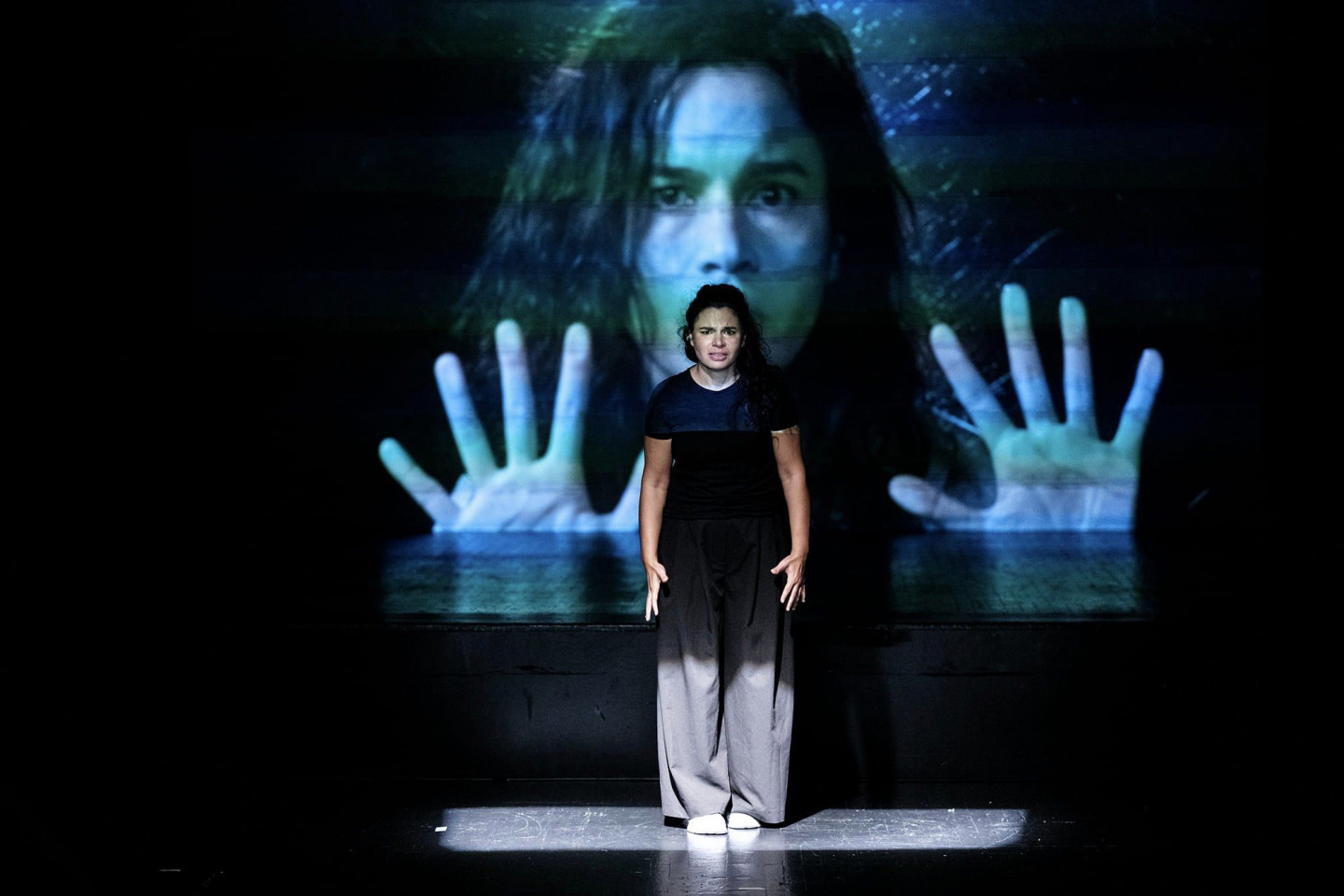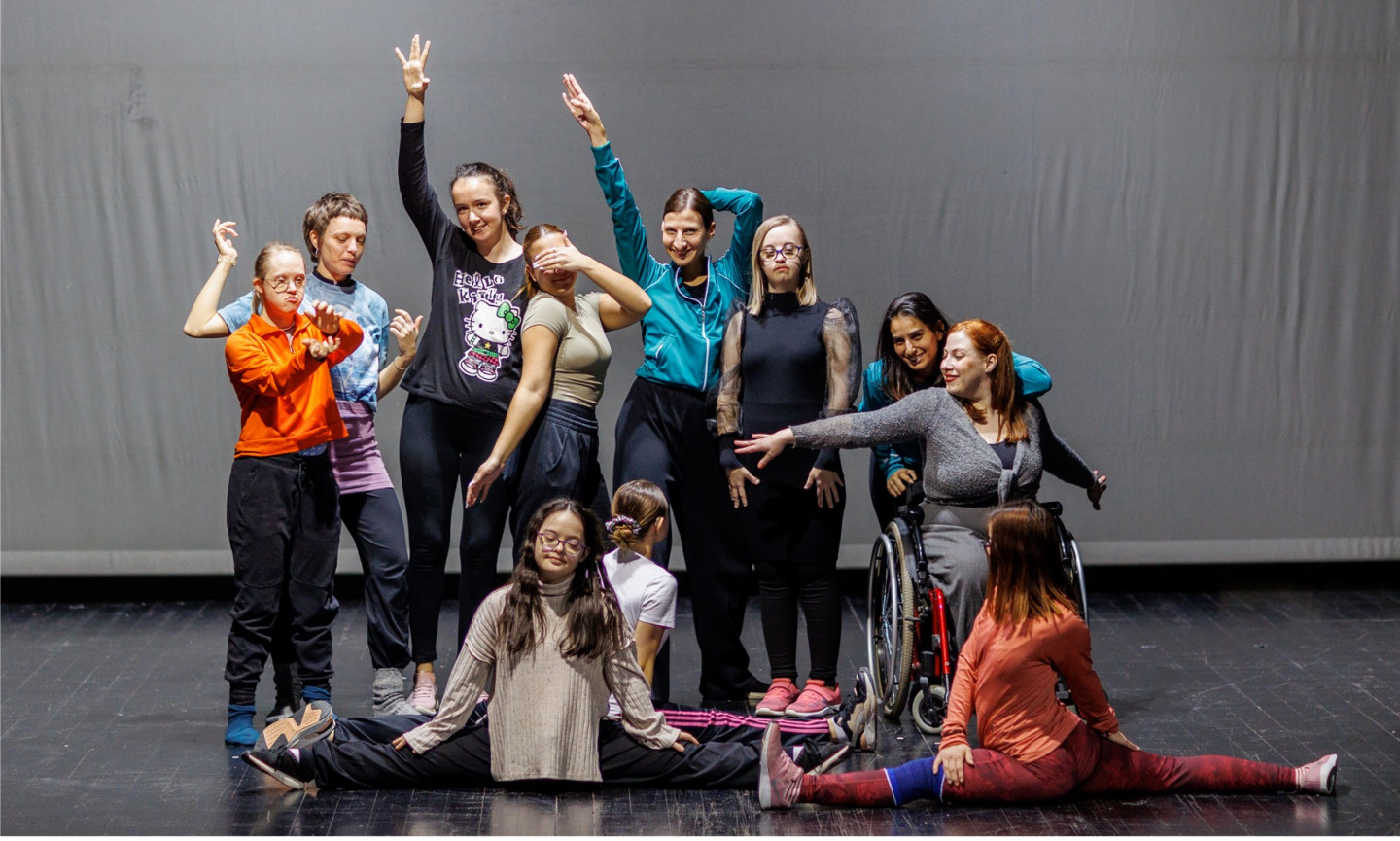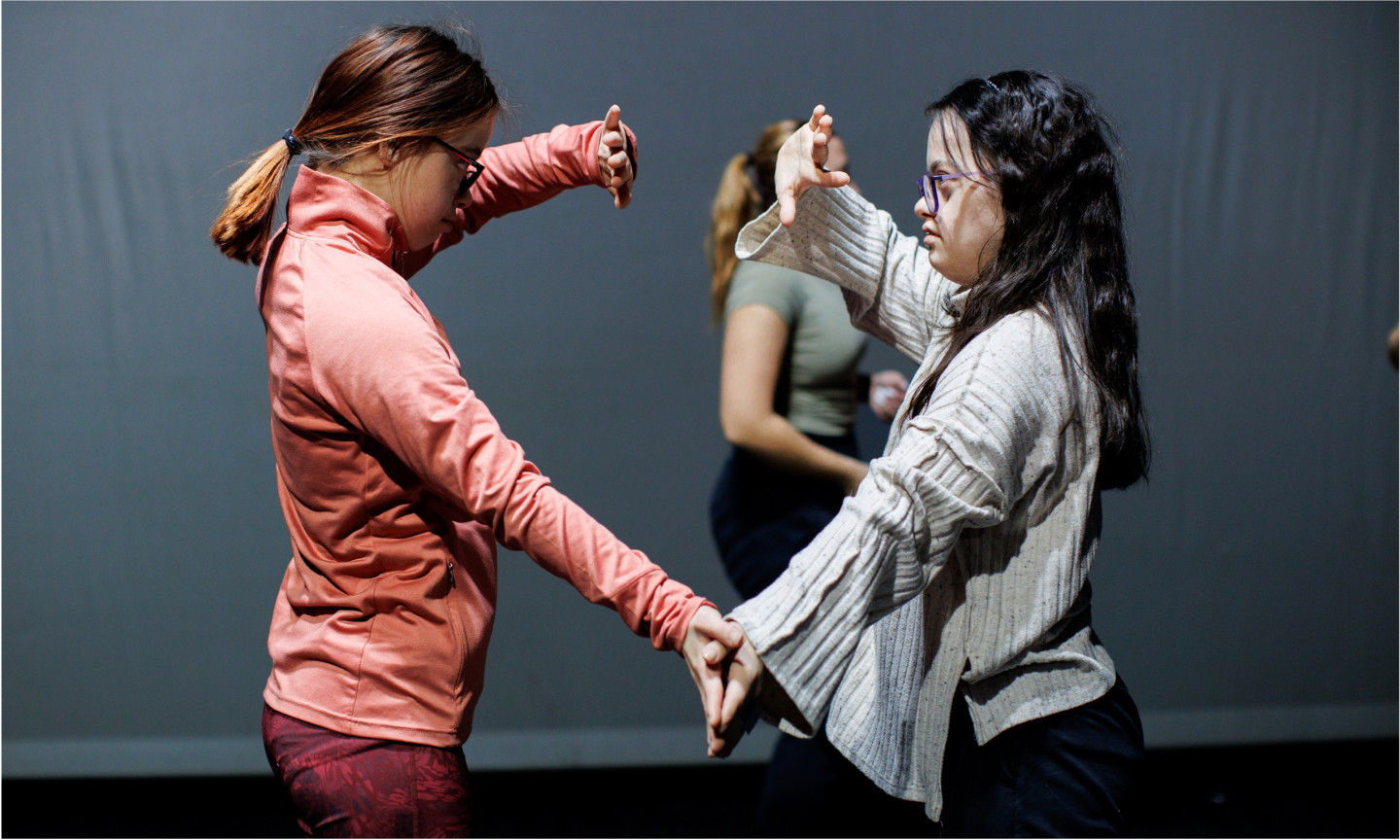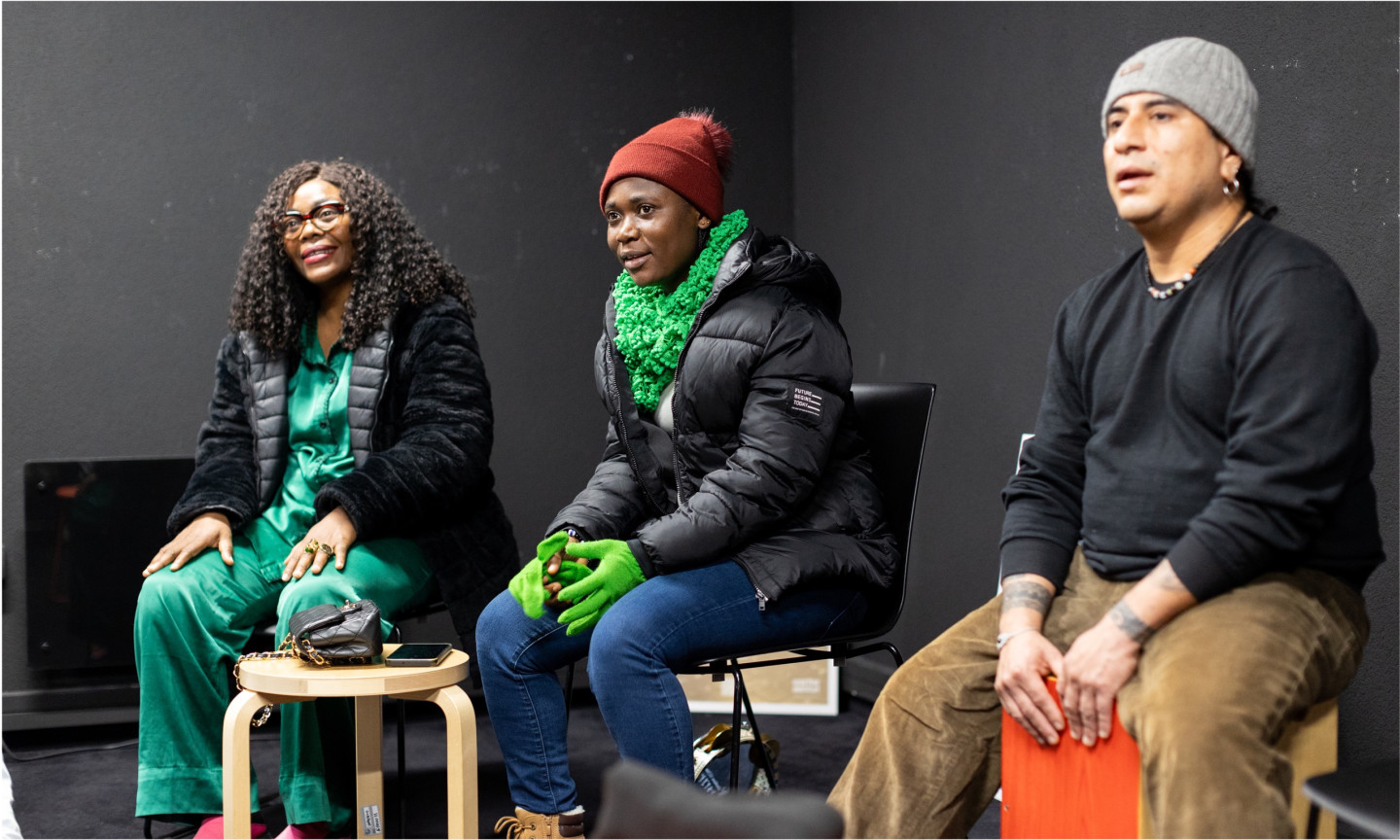People with disabilities, minorities like Roma and Sinti, and refugees in Bosnia and Herzegovina face discrimination and dehumanisation on a daily basis. Persistent tensions and unaddressed challenges remain and their voices are largely unheard.
Bosnia and Herzegovina’s Social Inclusion Strategy identifies persons with disabilities (8.2% of the population) as the most vulnerable, excluded and marginalised group and Roma (1.6%) as the most neglected national minority. Despite advances in the legislative sense, comprehensive implementation mechanisms and practices are still lacking. The Constitution remains discriminatory towards national minorities and persistent tensions and unaddressed challenges remain. The increasing presence of refugees is another source of tension, with de-individualising officials’ approaches and precarious relations existing between migrant populations and host communities. There are needs to combat their discrimination and social exclusion and to advocate for their rights and integration.
ALL INCLUSIVE: Performing Arts Project for Diversity and Social Inclusion is an innovative socio-cultural project for diversity and social inclusion in Bosnia and Herzegovina. Using the transformative power of the performing arts, the project fosters harmonious inter-community relations, breaks down social barriers, and contributes to the strengthening of a (trans)national, solidarity-based community.
Amplifying the creative voices of marginalised communities in Bosnia and Herzegovina
Focused on marginalised groups – the Romani minority, people with disabilities, and refugees on the Balkan route – it establishes a platform where their stories and creativity take centre stage. Through artistic productions, community engagement, capacity-building workshops, and storytelling, it empowers individual community members to be multipliers and stronger actors of change and raises awareness of their struggles against discrimination and dehumanisation.
Encouraging understanding, empathy, and connection, ALL INCLUSIVE goes beyond conventional official narratives and integration approaches. Local and international project partners amplify voices often unheard, adopting a bottom-up strategy that emphasises equality and, using a transdisciplinary approach, elevates collaboration to a new level.
In the realm of culture in BiH, where few examples address these critical issues, the project fills a significant gap in cultural initiatives. It not only creates space for artistic expression and empowerment, but also establishes new integration practices for disadvantaged people and new collaborations among cultural and non-governmental organisations in BiH, contributing to their advocacy efforts.
The project aims for a lasting impact on both participants and audiences by cultivating unity and appreciation for diversity, creating a cultural shift towards a more inclusive and understanding society.
This was a performance I would recommend to anyone, especially to high school students. It portrays the possibilities, abilities, and desires of children with disabilities, and shows the depth of their engagement with life. Their positivity was infectious.
Visitor of "Up and Down" during MESS International Theatre Festival 2024.
ALL INCLUSIVE kicked off with a special program at the MESS International Theatre Festival in October 2024, showcasing guest performances from Germany, France, Romania as well as Bosnia and Herzegovina that highlight issues of exclusion and social justice, fostering empathy and understanding. Each production showcased served as a compelling testament to resilience, creativity, and supports dialogue and understanding within our diverse communities. interactive panel discussions with the participating artists, representatives of the marginalised communities, and experts offered the audience an opportunity to engage more deeply with the societal issues presented and to gain new perspectives.
Following the festival, workshops and community activities taking place from December 2024-February 2025 allowed representatives from the different groups to address specific challenges and develop creative solutions. Initially, participants from each community engaged in separate, community-specific workshops focused on disciplines such as dance/theatre and music. Under the guidance of experienced mentors, these workshops helped participants develop creative skills, self-expression, and artistic techniques while drawing from their unique experiences and cultural contexts.
Ultimately, participants from all communities came together in a mixed storytelling workshop which provided a space for exchanging ideas, fostering mutual understanding, and amplifying personal and collective narratives. Talent from these communities participating in the workshop will be sought for the final production, reflecting their diversity and creativity.
The project will culminate in an integrated, interdisciplinary performance featuring theatre, dance, music, audiovisual installations, and costumes created by community representatives and produced by Sarajevo War Theatre SARTR. This artistic outcome will premiere at the next MESS Festival 2025, aiming to cultivate awareness of diversity and pave the way for a more inclusive and just society.
Alignment with the UN Sustainable Development Goals
- Primarily, it covers SDG 10, empowering refugees, people with disabilities and national minorities as an equal part of society. Performances, exhibition, and multimedia distribution will ensure their social visibility and reduce discrimination.
- The project also contributes to SDG 4 by executing professional workshops, lectures and discussions for and with disregarded community members.
- Addressing advocacy for human rights, the culture of diversity and dialogue, ALL INCLUSIVE exemplifies effective social inclusion solutions in the cultural sphere. It significantly contributes to peace, justice and strong institutions targeting SDG16. On the one hand, it prevents possible conflicts and misunderstanding towards refugees and national minorities. With its best practices the project strengthens - on the other hand - human rights organisations and CSOs’ efforts in advocating the rights of vulnerable groups.
- Moreover, the project encourages effective partnerships and aligns with SDG 17. The diverse partner set-up is built upon the sharing of knowledge, expertise and resources.
- Last but not least, the project indirectly contributes to SDG 3 by helping the participants to overcome trauma, depression, and contributing to their overall well-being.




